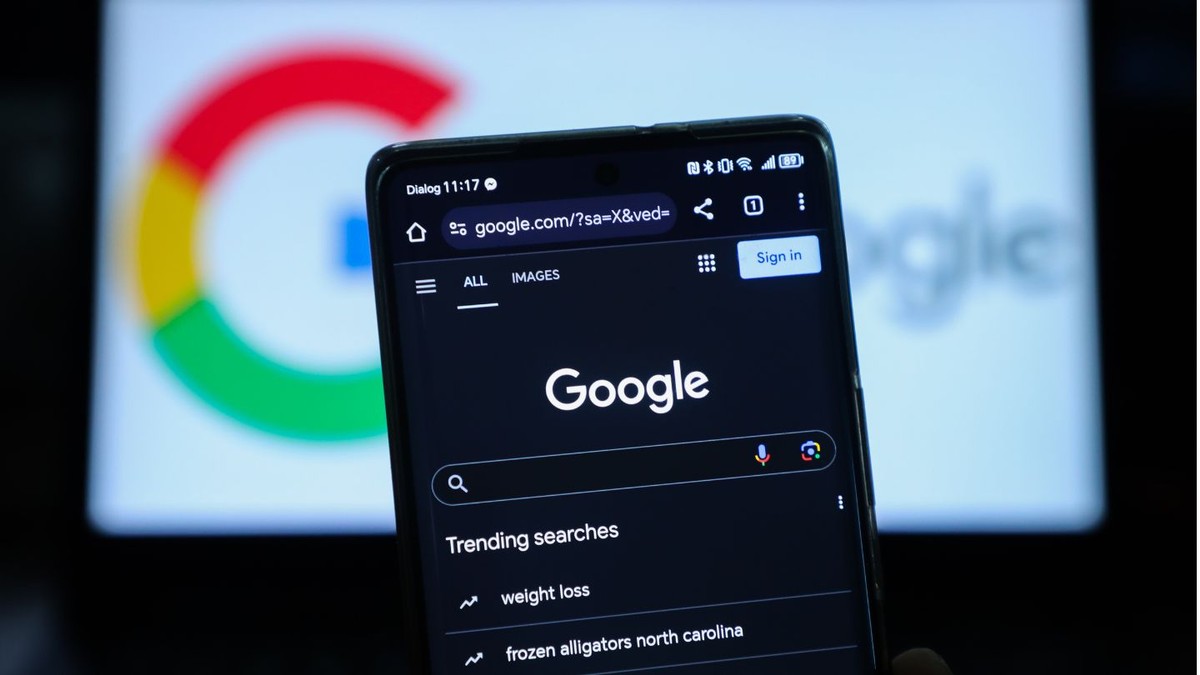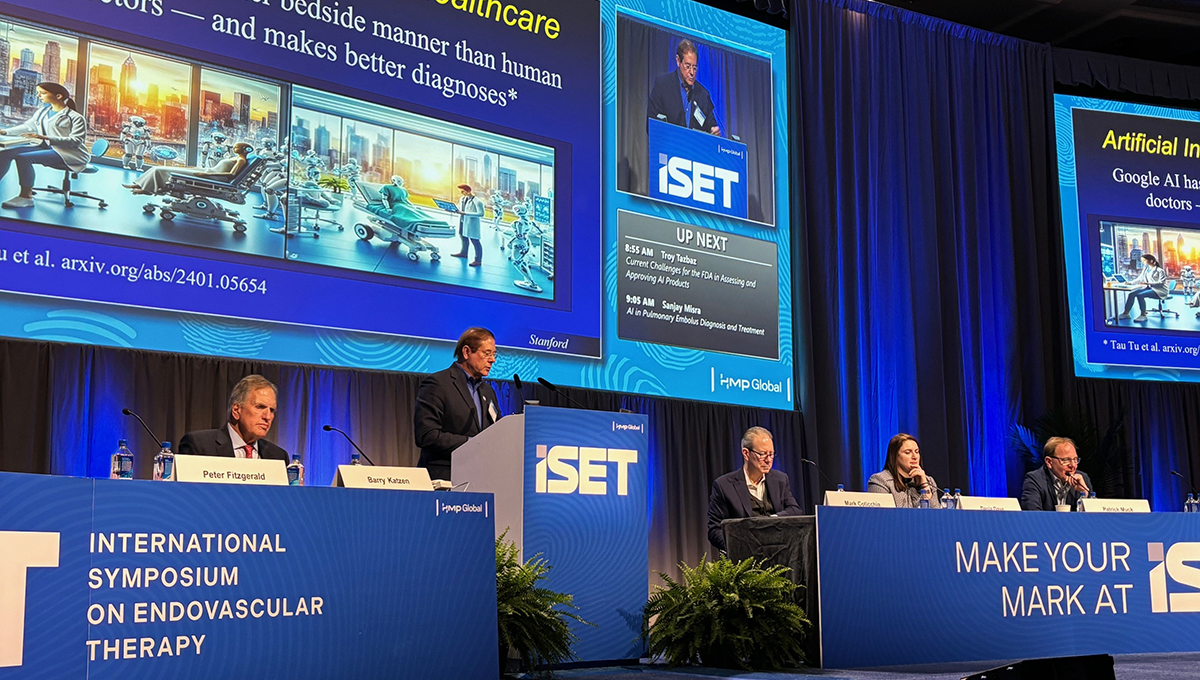Google is terminating its partnership with Appen, a third-party company responsible for training its search algorithm, according to a report by the contractor to investors on Monday. This decision will have a significant impact as Google’s contracts with Appen, which brought in $82.8 million and accounted for 26 percent of Appen’s revenue, come to an end.
This move will affect over 2,000 subcontracted Alphabet workers, equivalent to around 10 percent of Google’s rater workforce estimated at 16,000 raters. The decision follows a study by German researchers that highlighted a decline in Google’s search results attributed to the rise of AI-generated content, prompting Google to make adjustments to its algorithms.
The Alphabet Workers Union-CWA, representing nearly 1,500 workers under Google’s parent company, stressed the essential role these workers play in ensuring the integrity and functionality of Google’s search results and Bard AI for billions of users.
These workers, employed by RaterLabs, a specialized subsidiary of Appen focusing on search engine evaluation, are responsible for enhancing Google’s search algorithm through query testing and result evaluation. Notably, these workers successfully advocated for a wage increase of $15 per hour last February through the Alphabet Workers Union-CWA.
Appen expressed surprise at Google’s decision, set to be implemented in March, highlighting their lack of prior knowledge. Meanwhile, Google has not yet responded to inquiries regarding this development.
The AWU-CWA emphasized the ongoing struggle against inadequate wages and unfavorable working conditions at RaterLabs, underscoring the importance of last year’s successful wage increase campaign. Before the raise, workers were earning as little as \(10 per hour. Appen’s revenue from Google, totaling \)83 million and representing 26 percent of its overall revenue, underscores the significant impact of this contract termination.
Workers engaged in AI training and search algorithm refinement in the technology sector often face challenging work environments. A recent investigation revealed that Kenyan workers were paid $2 per hour by OpenAI for filtering disturbing content in ChatGPT training data, shedding light on the human effort behind the development of artificial intelligence.
Google’s choice to end its contract with Appen is part of a broader effort to enhance supplier partnerships throughout Alphabet for operational efficiency. The company reaffirmed its dedication to collaborating with other rating entities in the future.
The AWU-CWA has been actively involved in supporting organizational initiatives among Google’s extensive contractor network, with YouTube Music contract workers achieving a union victory last year. However, Google’s refusal to engage in contract negotiations with the bargaining unit, citing the indirect employment of the workers, led to a ruling by the National Labor Relations Board declaring Google a joint employer obligated to negotiate. Nevertheless, formal bargaining sessions have yet to begin.






